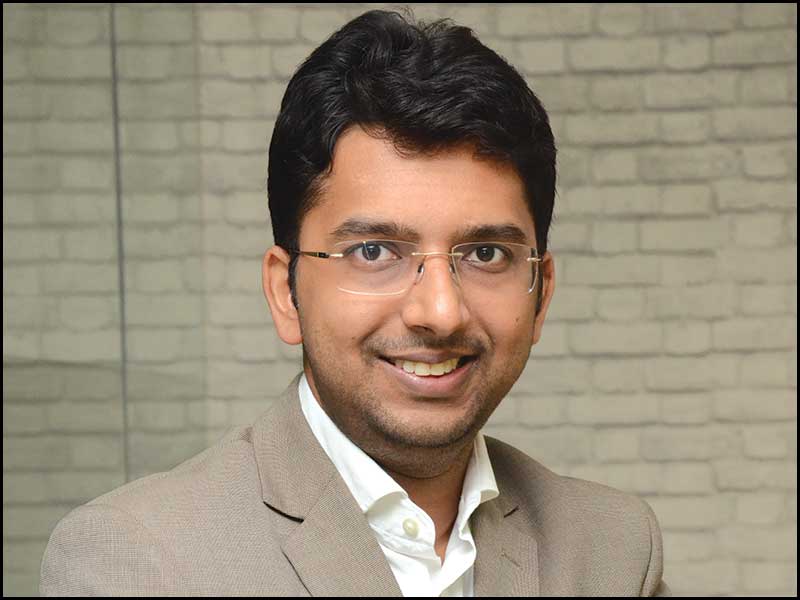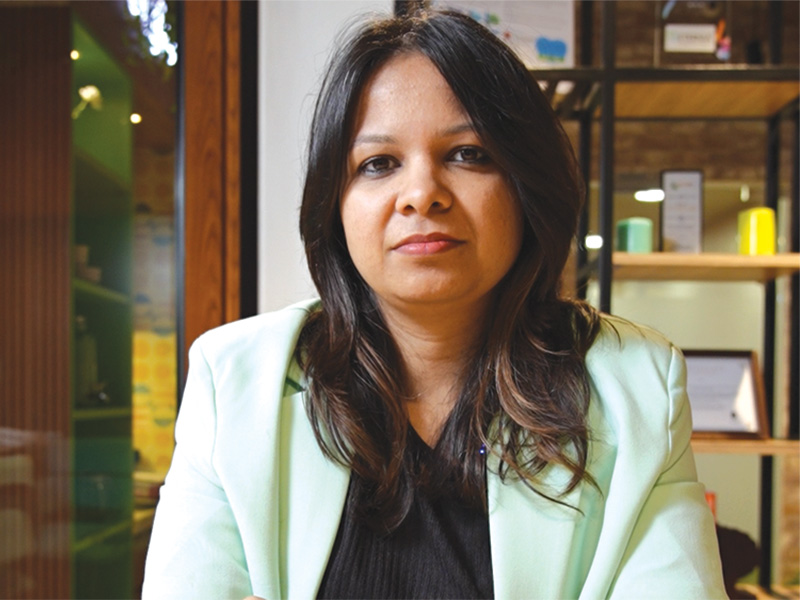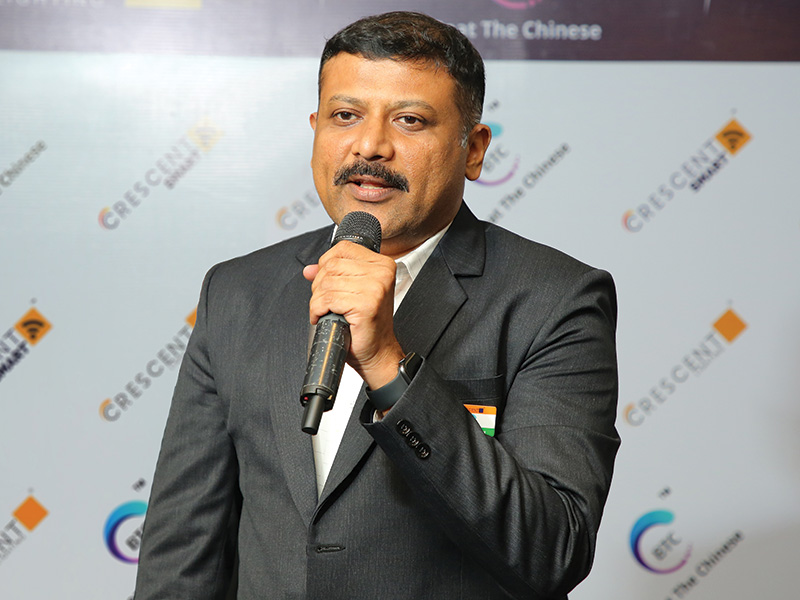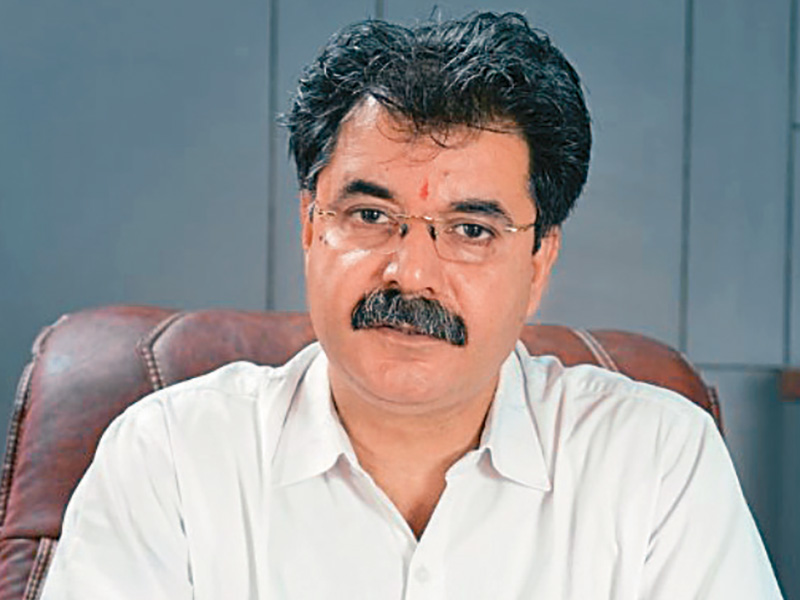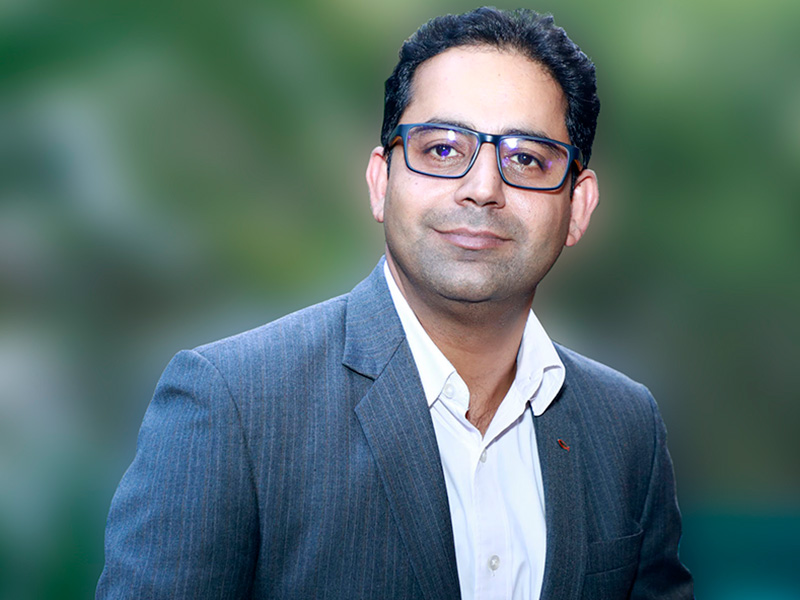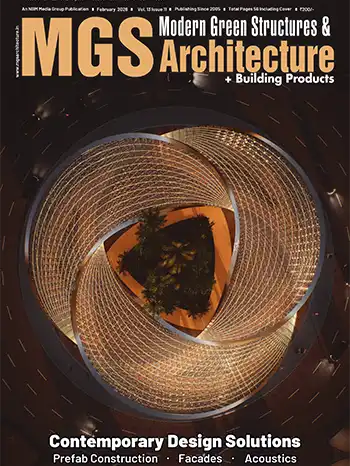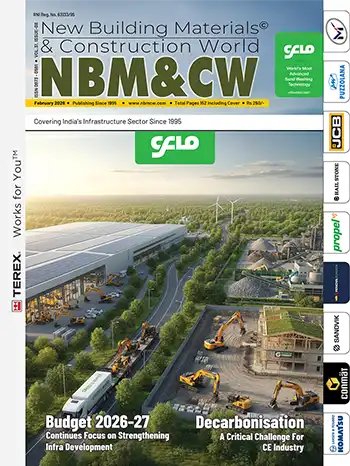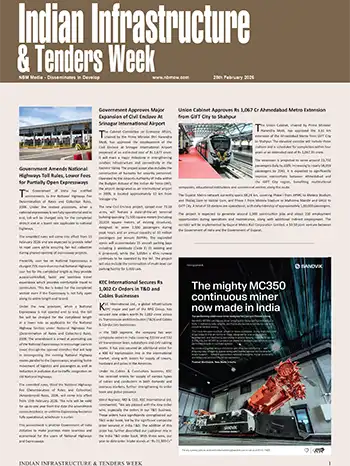
"As designers it is our responsibility to educate and guide the clients on new technology in materials and appliances and allow them to discover how the space can improve their lives, functions, and experiences every day. Moreover, it is our duty to change the mindset and promote relevant products, designs and practices to lessen the impact on the environment," says Mary Maksemos, Industrial designer, Mary Maksemos Design in an interaction with Maria R.
What inspired you to choose Industrial design as your profession especially in joinery design and manufacturing?
I chose to become an Industrial designer because I have design programmed into my DNA. Before I could talk I was drawing. Soon I fell in love with art, design, and technology. Merging these led me to this discovery. Through my love of food, people and culture, it was inevitable that I would find my path down the joinery road. This space is the centre of a home. Thoughtful design is paramount and it essentially increases the value of any property. I'm interested in the construction and manufacturing of the products that go into making a kitchen. Not just the finished design, it's fundamental to me in my business to marry the right materials and layout to each and every client.
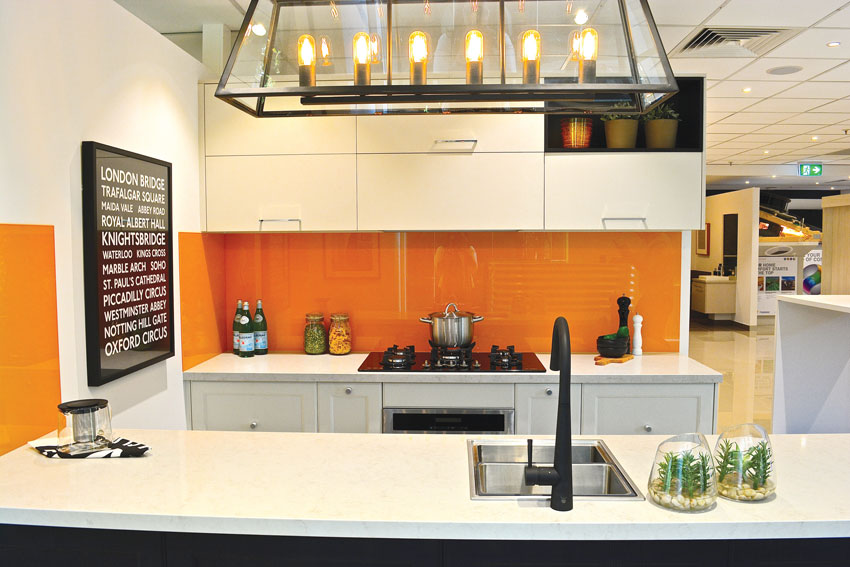
Your consultancy firm 'Mary Maksemos Design' is offering creative designs as per the requirements of the clients. How do you go about designing the kitchen that ensures the clients, luxury, aesthetic, and functionality all at the same time?
Honestly speaking, a kitchen only takes a short time to design. It's the conversation and education of my clients that takes most of the time. How they use their space? What they like to cook? How they store their food? These are the questions we cover during our meetings. I don't even start drawing a thing until I understand all I can about the clients and how they intend to use this space. It's important to educate the clients on new technology in materials and appliances and allow them to discover how this space can improve their lives, functions, and experiences everyday. I concentrate on functional layouts first, and then we have a great time choosing the aesthetics toward the end. It's not the colour, but the material that counts!
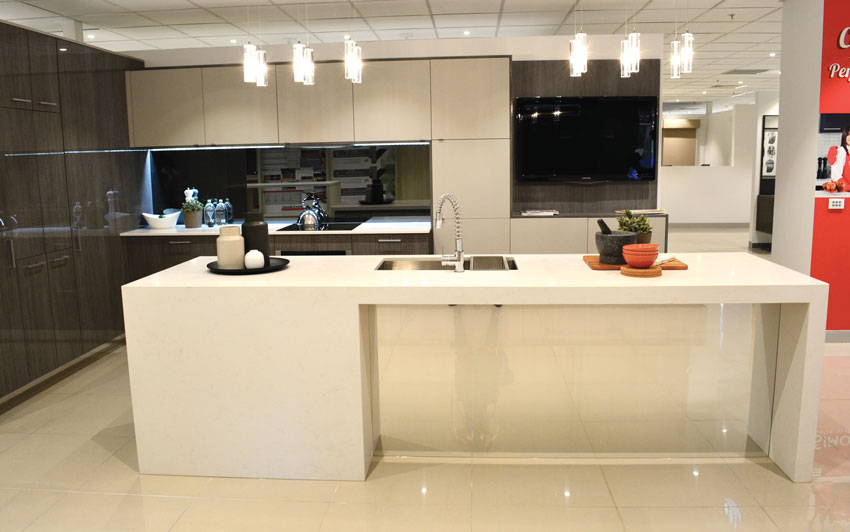
What is your design philosophy? What, according to you, should be the design of an ideal kitchen?
It has to be functional before form. I know I didn't come up with that, but it is absolutely a must! I've met so many clients who came to me saying that they now have to spend even more to fix a beautiful problem. What I mean is, they have had a beautiful kitchen installed, colours look amazing. Expensive materials used, but the space doesn't work FOR THEM!!!! The other one I live by is, if it's not good enough for my family, then it's not good enough even for my clients!

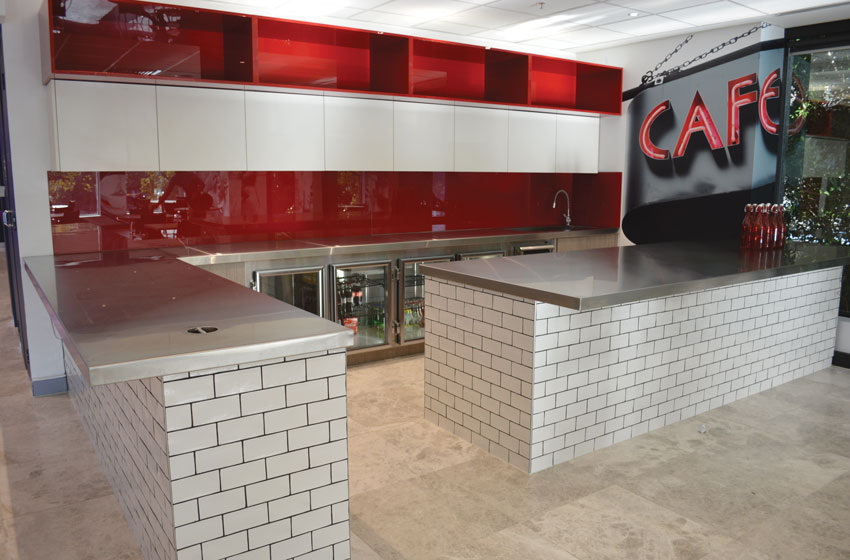
What sustainability means to you and what are the parameters that one should need to take into account while designing sustainable kitchen?
This is so relevant in this space because we spend so much time in the kitchen. To me it means I must do my due diligence and educate my clients on what material options are available to them. What technology is available and how they can lessen their impact on the environment? How to design with end-of-life in mind?
I also consult builders and developers to volume apartment construction and large developments. I provide this service to educate how to design sustainably, by utilizing materials correctly to decrease waste products and off-cuts. Everyday I come across designers and layouts for kitchens in apartments that have so much wasted materials during manufacturing. The 'look' is there but it's all our responsibility to understand sheet and material sizing when designing in volume. Optimizing material is one way of being sustainable.
We need to be conscious of the materials being used in our home, releasing toxins that our families breathe in day-in day-out. Other than materials, we should be choosing appliances wisely, energy consumption, water ratings, and end of life recycling of these are important.
What are the products and materials you prefer mostly to use in your designs? How do you collaborate with kitchen appliances' manufacturers?
I generally specify products that suit my client's lifestyle and how they use their space. I don't 'sell' a product because it has a better profit margin. There is no integrity in doing that! Every client is different. So the appliances, materials etc,,, they need in their kitchen should be different.
I'm so lucky to live in such a diverse and multicultural place. I am blessed to discover and learn about so many different people and how they use a kitchen. Why people choose a particular appliance is always a very entertaining and interesting conversation.
I believe that if you educate your clients on what technology is available to them, they usually will go out and look at the products you recommend.
After traveling around the world; how do you find kitchen design practice varying from country to country? What is your take on the growth potential of Indian kitchen industry, its opportunities and challenges?
I have been to many places, and upon observation, every country's kitchen design is dictated by their cuisine and how they cook.
I noticed that in India stone in the kitchen was traditional, and washing down the surfaces was common after cooking. Not common in the western countries.
I also noticed that in India, stone was very inexpensive compared to most other western countries. Indians are extremely lucky. Some of the stones available are so exquisite, and having a natural product from the earth in your home is so beautiful.
While visiting India, I spent time with many Indian kitchen companies, most selling modular kitchens. Their main challenge was to convince the Indian culture to embrace the modular kitchen and help people embrace this type of kitchen as the future. With so much building and development in India, it is inevitable that the young people of India will be the customers of tomorrow. They will be more willing to embrace technology and clever modular systems to save them time and money in the long run.
To change tradition and culture is hard, but time will show that the young generation will embrace far more than their parents did.
What's your take on the Indian perception of modular kitchens considering the fact that kitchen has traditionally been a housewife's bastion here?
A real designer or sales person can change a person's perception through education. It's great to embrace tradition, but evolution is inevitable. As I have mentioned, the young people of India are the future of the modular kitchen industry. They expect technology, quality and everything made FAST. While I was in India I was privileged to see some Interior design students' works. They used technology in the kitchens such as touch screed splash backs, and clever anti bacterial materials. I really believe India is in safe hands, you must keep investing in young people.
Over the years, the word 'ergonomics' has become an inseparable part of the design lexicon. In that context, what is your definition of an 'ergonomic' kitchen?
Ergonomics in this context is, designing a space suitable to each user's own 'interface'. To design keeping in mind the human body, and how it works and interacts with the space. To design a space, ensuring the safety of the user and the safety of those around them. To design a kitchen that is functional and practical for the client's needs and lifestyle.
What difference could a trained kitchen designer bring to the functionality of a project?
I really think that there are two ways of thinking. Self-taught designers may get a certification to gain more respect from their clients and industry.
Beginners in the industry may attain a certification to have base to begin from. Regardless, improving your skill set is never time wasted.
A trained kitchen designer will understand the space and products involved. They will also know how to take the client on a journey of discovery through conversation to find the perfect layout for them. Specific kitchen design training and kitchen sales training is relatively new to India. I hope to soon collaborate with the Indian modular kitchen Industry in this field.
We should always note that not every kitchen designer is a good sales person. Within the kitchen design training, sales training is mandatory! This is something I teach online. What's the use of a beautiful kitchen if the client doesn't buy it?
Do we have the requisite training and education methodologies in place for people who want to pursue kitchen designing as a career?
Currently in India, no. I hope to change that soon.
Generally if you have a design background you have an advantage because you have been taught design elements and principles. You may understand manufacturing to an extent and materials. You may know how to read and understand construction plans and material schedules. You also may understand construction and the building industry.
To become a kitchen designer, you don't necessarily need to have a design background. You MUST be a people's person and understand the difference between a feature and a benefit. You really need specific training for this space and joinery in general. I really believe that there is a future for this type of specific training in India. In my business I train people and business to understand the customer, the design and sell more effectively and efficiently.






